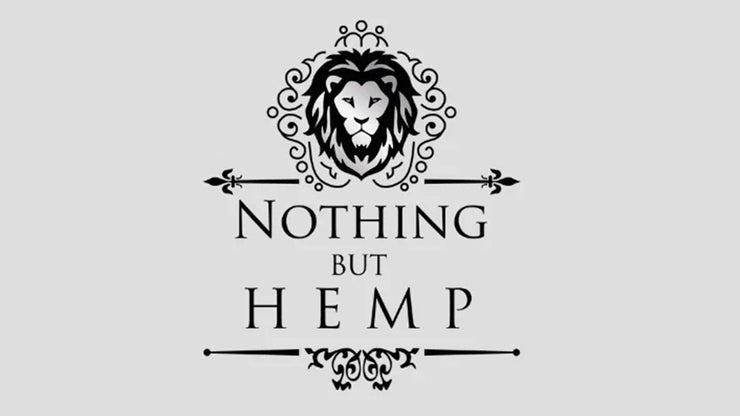
Researchers from the University of Minnesota and Sunrise Genetics recently assembled a complete genome from new strain of cannabis. This work reportedly allowed them to discover a significant connection between hemp and marijuana plants.
This research, which was recently published in the journal New Phytologist, shows that cannabis plants that are rich in cannabidiol (CBD) have inherited roughly 90% of their genes from marijuana. The remaining 10% of the genes come from industrial hemp.
Hemp and "marijuana" are different versions of the same plant
People sometimes refer to hemp and marijuana as cousins because both are cannabis plants even though they have been bred for different purposes. Marijuana has been bred to exhibit a high amount of tetrahydrocannabinol (THC), the psychoactive component in cannabis that can make someone feel high. Hemp has traditionally been bred for traits aligned with industrial purposes. For example, some hemp varieties have been bred for their fiber, which is used to produce rope or fabric.
Although hemp and marijuana have been bred for different purposes, the legal difference between the two relies solely on the THC content in the plant. Any cannabis plant that includes more than 0.3% THC is considered marijuana, which is still illegal in the United States. Any plant that includes 0.3% THC or less is considered hemp and has been legal in the United States since the passing of the 2018 Farm Bill.
However, the hemp industry took off in a different direction after the 2018 Farm Bill passed. From that point on, CBD products were one of the most popular types of hemp product on the market.
This meant that growers needed to quickly develop breeds of cannabis that contained high amounts of CBD but low amounts of THC. This journey is reportedly part of the inspiration for the research that the University of Minnesota and Sunrise Genetics collaborated on.
Researchers examined the origins of CBD-rich hemp
“Over the past decade, we’ve seen a surge in demand for CBD, and we wanted to better understand how plant breeders created high-CBD plants to meet rising demand,” study author George Weiblen reportedly said. Weiblen is a professor in the University of Minnesota’s College of Biological Studies and the science director at the Bell Museum.
During the study, researchers investigated the genetics of several different types of cannabis. These varieties included cannabis strains that had been bred for different purposes, such as CBD production and THC production.
A release from the University of Minnesota indicates that plant breeding has led to marijuana plants that produce so much THC that this compound “can account for up to a quarter of the plant’s total weight.” Researchers reportedly learned that this allowed breeders to cross high-THC plants with industrial hemp plants to create breeds that produce high levels of CBD instead of THC.
What this could mean for the industry
The CBD-rich plants that resulted from these crosses are legally allowed as long as they produce no more than 0.3% THC. However, there have been reports of farmers growing a CBD-rich hemp crop that ends up unexpectedly testing above the legal amount. When this occurs, the hemp crop usually must be destroyed.
If these strains have been bred for CBD production, why do they sometimes develop more THC than they should?
The study’s co-author, CJ Schwartz of Sunrise Genetics, reportedly points to the plant’s genetic makeup.
“The genes that allow for the production of CBD are also a bit ‘leaky,’” Schwartz said. “This can result in about 5% of the product ending up as THC instead of 100% CBD.”
Because of this, farmers who choose plants with these genetics may be running the risk of growing a hot crop.
“These high-CBD plants are genetically marijuana for the most part and they can’t be expected to meet the legal definition of industrial hemp in every situation,” Weiblen reportedly said.
While this can cause problems for growers, it can also reportedly cause problems for some consumers.
Weiblen added, “This means that CBD products — such as flowers, extracts and edibles — that are labeled ‘hemp’ could be incorrectly labeled and falsely branded. Fiber hemp products made from hemp seeds, however, are drug-free.”
Nothing But Hemp does not agree with Weiblen's comment. Marijuana is a the same as cannabis and hemp is the same as cannabis. Marijuana was a term used during the reefer madness days. Our belief is any cannabis plant under .3% is considered "hemp".
Sources
[2] https://nph.onlinelibrary.wiley.com/doi/abs/10.1111/nph.17243






































